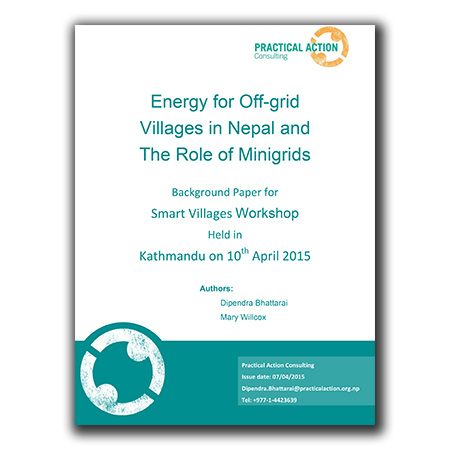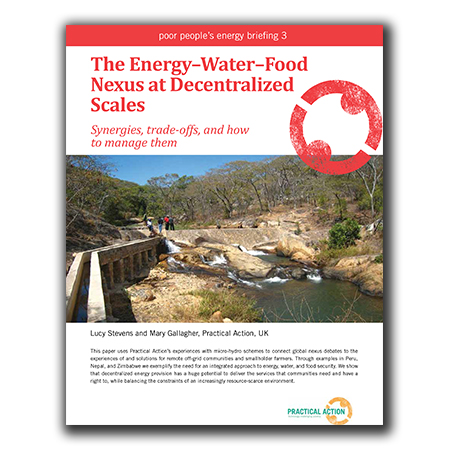Off-grid multi-energy reporting system and AI load controller – Full Technical Report
This report was written to summarise all findings from an InnovateUK Funded research project, aiming to develop a product which could: 1. Report on an entire solar system (AC currents, AC voltages, DC currents, and DC voltages), independent of the equipment manufacturer. 2. Divert excess energy directly from the solar panels to an auxiliary load, …
Off-grid multi-energy reporting system and AI load controller – Full Technical Report Read More »



















